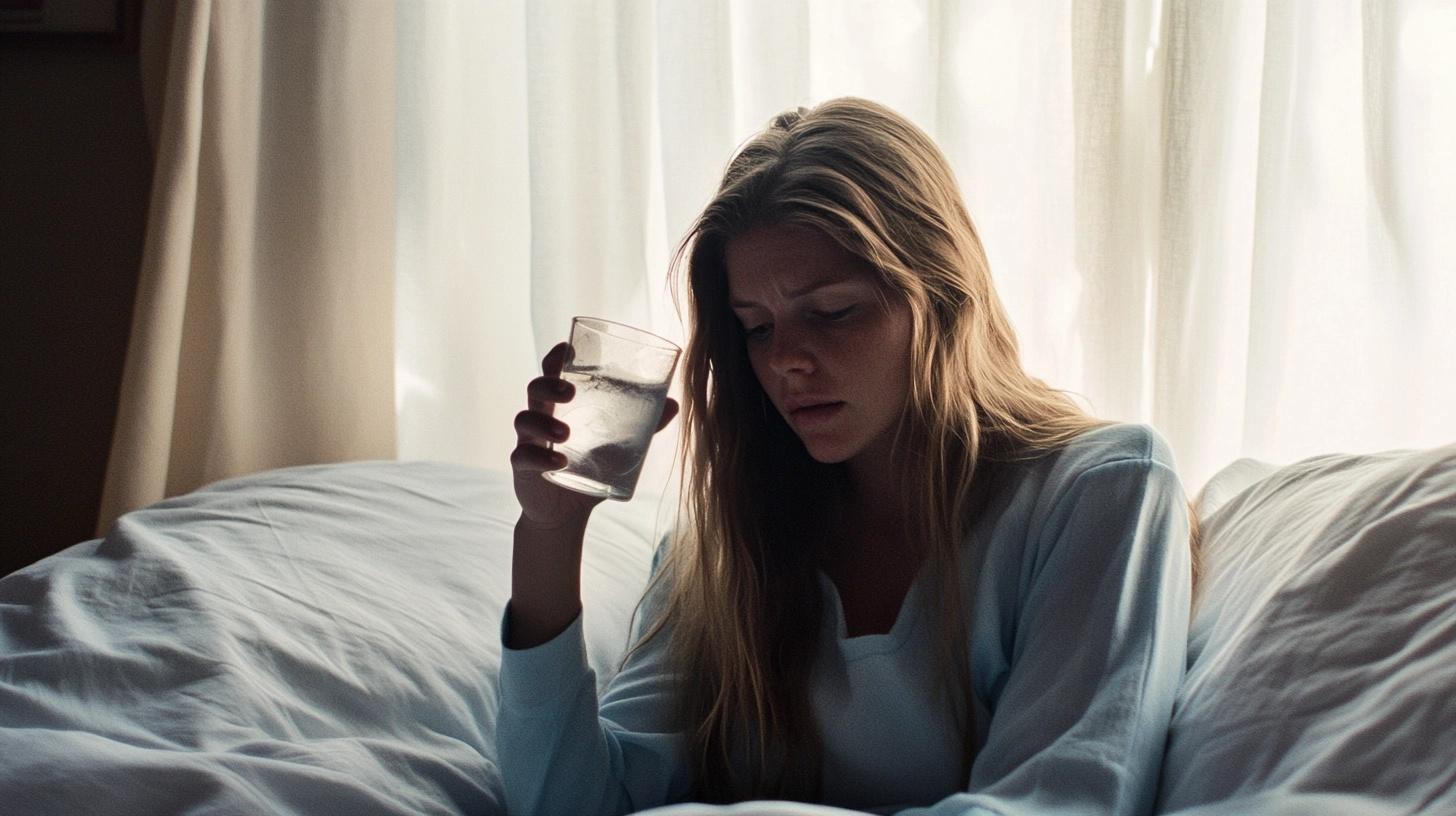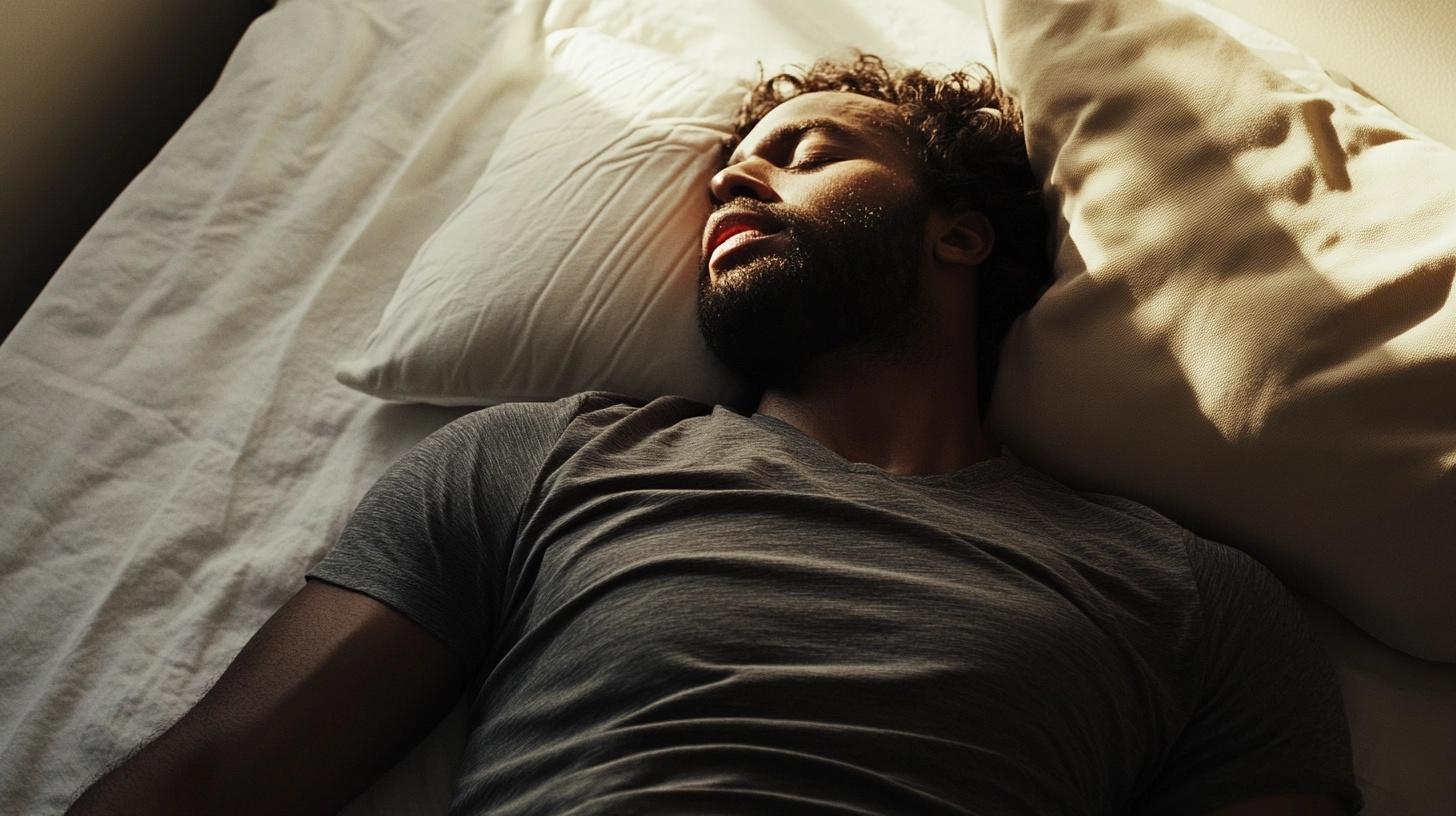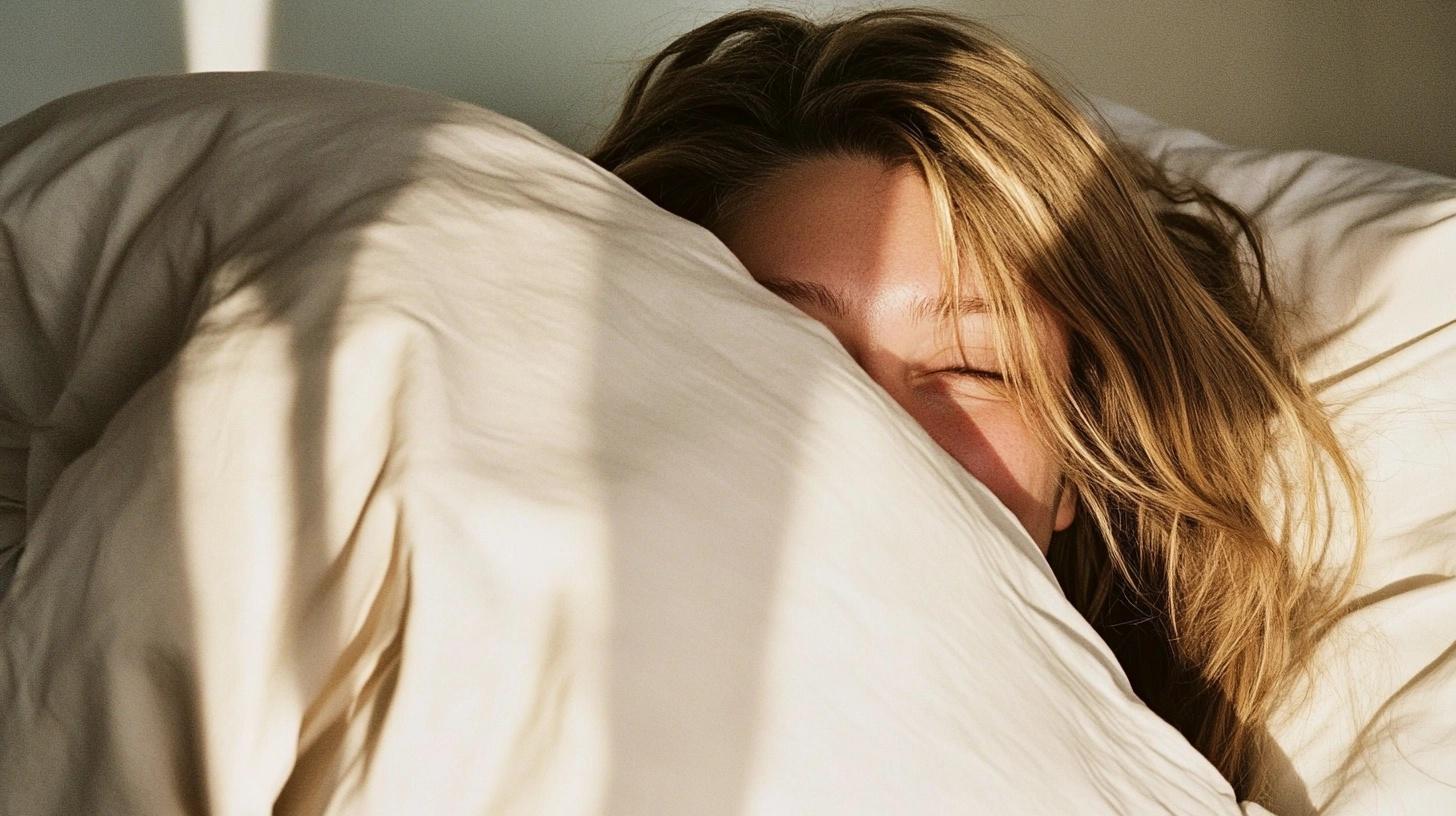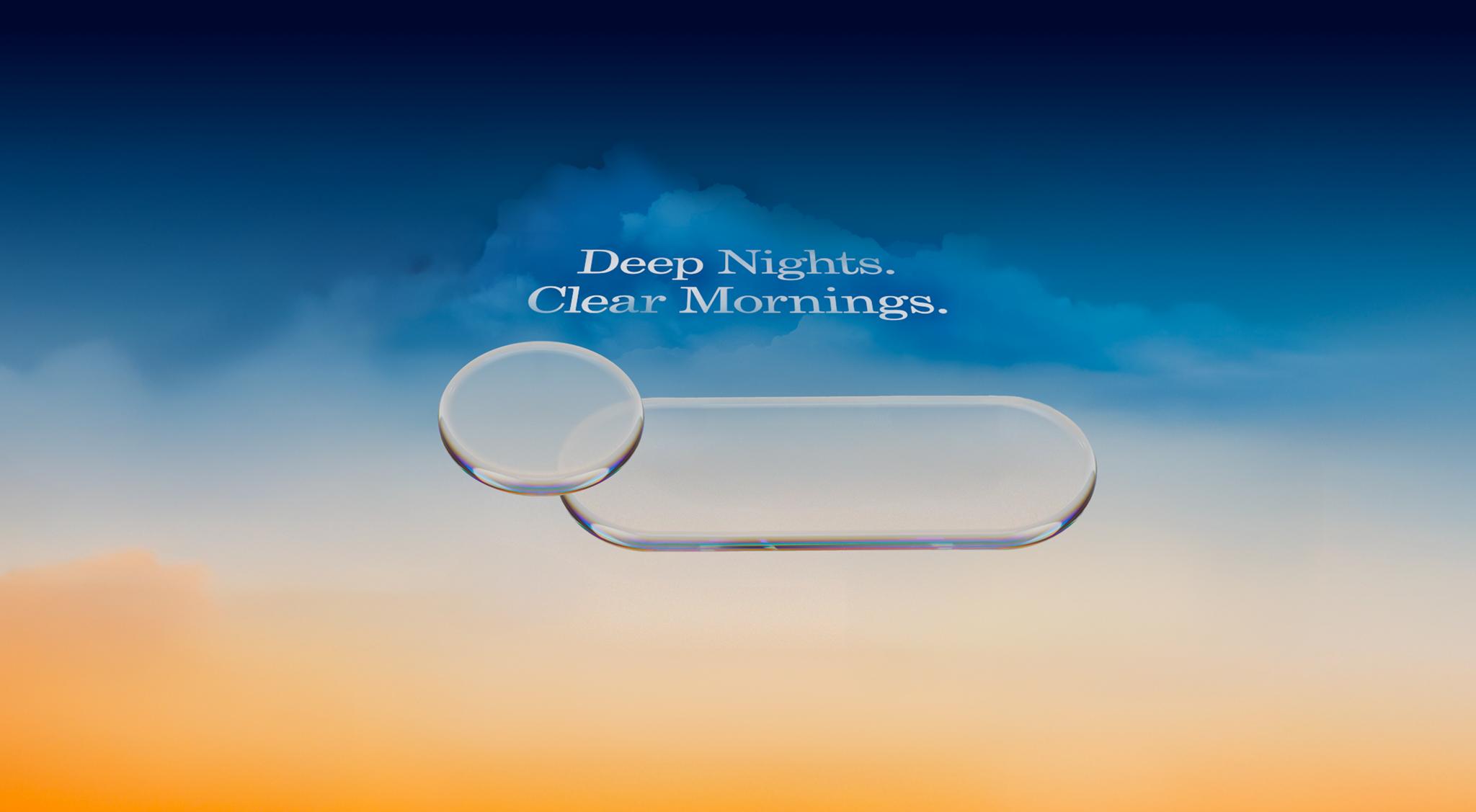Quiz: How much do you know about insomnia?
Published
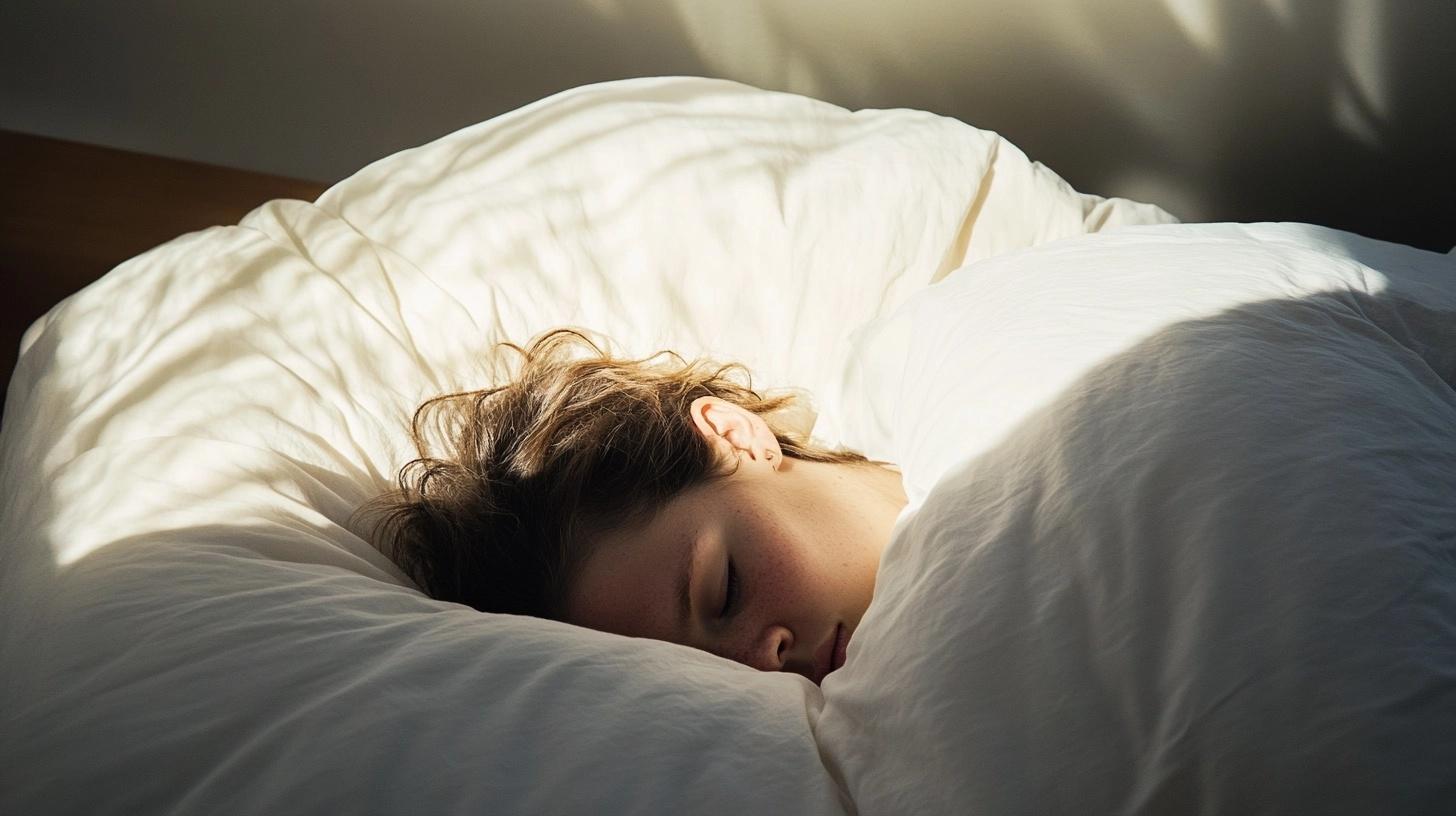
The fatigue experienced by those who suffer from insomnia has a far-reaching impact. It affects not only those who suffer from it, but can also have wider ramifications on their friends, family and even colleagues and co-workers. So how aware are you of the condition and how much do you think you know about insomnia? Time to test your skills!
Question 1.
What is the correct definition of insomnia?
Question 2.
What are the main types of insomnia?
Question 3.
What is the percentage of adults that struggle with chronic insomnia (globally)?
Question 4.
Men are more likely to suffer from insomnia than women due to physiological factors.
Question 5.
The Covid-19 pandemic impacted people’s sleep across all ages. Which of the following age groups, according to Sleep Cycle’s data, reported that it took them longer to fall asleep?
Question 6.
Which of the following foods or drinks can fight insomnia and improve sleep quality?
Question 7.
Insomnia increases the risk for stroke and contributes to a weaker immune system but doesn’t have great psychological/cognitive consequences.
Question 8.
Within Sleep Aid (a sound library of music, stories and meditations) in the Sleep Cycle app it is possible to browse and listen to different sleep-guided meditations. In which way can meditation help the onset of sleep?
Question 9.
What time of the year are we most susceptible to insomnia (*especially in those countries where Daylight Saving Time is adopted)?
Question 10.
Which of the following countries loses more working days (1.23 million) annually due to insomnia?
Answer 1.
The correct answer is B. According to the American Academy of Sleep Medicine (AASM), insomnia is defined as difficulty either falling or staying asleep that is accompanied by daytime impairments related to those sleep troubles.
Answer 2.
The correct answer is C. The American Academy of Sleep Medicine categorizes insomnia into 3 different types:
- Short-term, or acute insomnia: commonly caused by stress, changes to your sleep habits (like sleeping in a hotel or jet lag), physical pain, or new medications.
- Transient insomnia – insomnia that usually lasts less than a week and does not recur.
- Chronic insomnia – when someone experiences sleeping difficulties and related daytime symptoms, like fatigue and attention issues, at least three days per week for more than three months or repeatedly over years.
Answer 3.
The correct answer is A. According to studies conducted worldwide, between 10% and 30% of adults struggle with chronic insomnia. It is also believed that between 30% to 50% of older adults suffer from insomnia due to the changes experienced in sleep with aging.
Answer 4.
False. According to the Sleep Foundation, women are more likely to suffer from insomnia than men due to hormonal changes caused by premenstrual syndrome, pregnancy, or menopause.
Answer 5.
The correct answer is age group: 18-24. Based on Sleep Cycle user data on sleep quality between January and May 2020 aggregated from over 33 million nights of sleep, we found that just as the virus was beginning to hold the world hostage, the youngest age group reported a longer sleep onset latency, more so than any other age group.
Moreover, teens and young adults had the worst sleep, the highest rate of feeling depressed, experienced more loneliness and consumed an excess of technology as they transitioned to remote learning during the pandemic.
Answer 6.
The correct answer is C. As a natural source of melatonin, nuts are speculated to improve sleep quality. Melatonin regulates your internal clock and prepares your body for sleep.
Answer 7.
False. Prolonged sleep deprivation can have significant mental health and cognitive implications including impaired attention or memory, irritability, hyperactivity, mood swings, decreased motivation, anxiety, and so on.
Answer 8.
The correct answer is C. Research has shown that sleep meditation helps one fall asleep by lowering the heart rate, breathing and the levels of cortisol (the stress hormone) in your body. Scientists also suggest that meditation increases melatonin concentration by slowing its hepatic metabolism or increasing the synthesis in the pineal gland.
Answer 9.
The correct answer is A. According to AASM, people in those countries are most vulnerable to insomnia or sleep deprivation during spring, when daylight saving time begins and clocks move forward one hour. In one study, participants slept 40 minutes less on the Monday after the switch, compared to other nights of the year, due to the misalignment between the circadian rhythm and the natural cycles of light and darkness.
Major sleep disruptions are less likely to occur in late October or November when DST ends. However, people may experience some moderate effects such as difficulty adjusting to a new wake-up time or insomnia caused by seasonal affective disorder.
Answer 10.
The correct answer is C. A survey on 5 OECD countries called attention to how the United States loses an equivalent of about 1.23 million working days on an annual basis due to insufficient sleep. This is followed by Japan, losing 0.6 million working days, and the UK and Germany with 0.2 million days each.
Do you want to know more about insomnia?
We hope the quiz has helped highlight not only what insomnia is, but also the wider effects of this condition when left untreated. If you suspect that you may be suffering from insomnia or another sleep-related disorder, do consult a physician, who can help with both diagnosis and relevant treatment.
If you’re keen to learn more, explore other articles on insomnia here.

